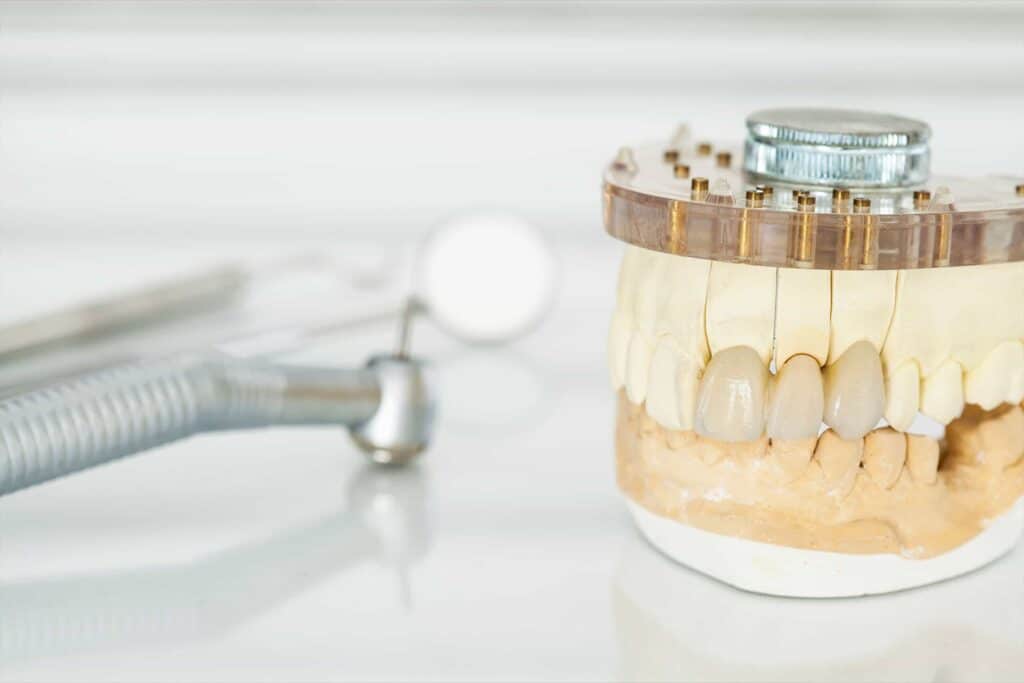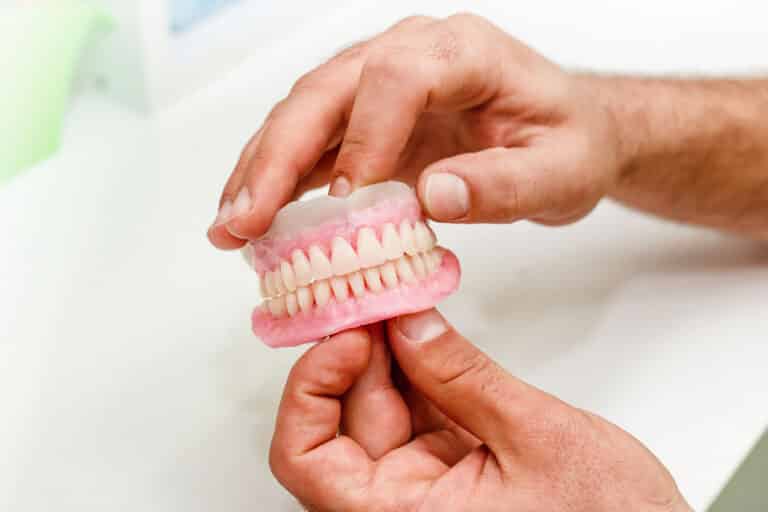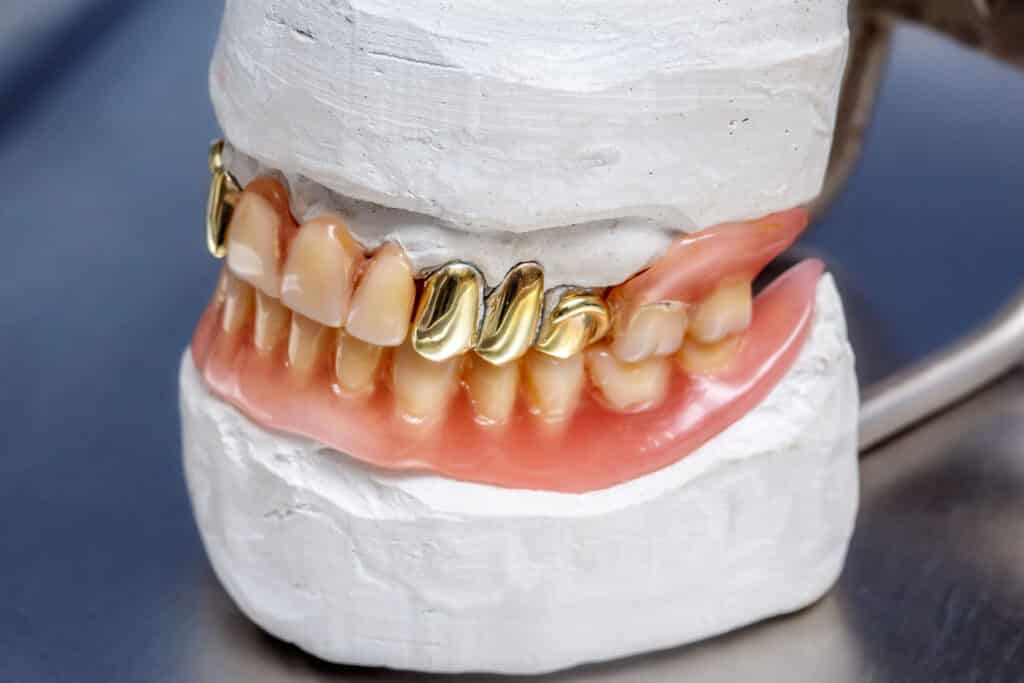Do I Really Need To Floss?
The tongue in cheek answer is that you only need to brush and floss the teeth you want to keep. Generally people know to brush their teeth, however for whatever reason flossing isn’t as mainstream. Since we are unable, or rather is it incredibly impractical, to completely remove bacteria from our mouths, every surface must be thoroughly cleaned daily.
There are inevitably areas where brushing cannot clean, which are the surfaces between teeth that touch. Due to this, lack of flossing misses areas cleaning in between teeth which over time will lead to cavities and other problems. If you really want to keep your teeth healthy, then yes, flossing is a necessity.
Are Dental X-Rays Safe?
In short, yes dental x-rays are safe. Regardless of the procedure, every medical procedure will have some amount of risk and dental x-rays are no exception. However the amount of radiation for dental x-rays are very minimal compared to many medical x-rays and both x-rays provide crucial information. They are critical in the diagnosis of many dental problems including dental caries, periodontal disease, and various bone pathologies to name a few.
Additionally 3D x-rays are crucial in planning surgical procedures such as implants and wisdom teeth removal to increase the chances of success. Dental x-rays are safe and crucial to ensure that your provider can not only catch problems early, but to successfully render complicated treatment.
What Do Sealants Do?
Sealants help to reduce the chances of getting cavities on the biting surface of teeth. There are numerous grooves and crevices on the biting surface in which food can get trapped in. Sealants effectively flow into these grooves and crevices and prevent food from getting trapped. When food isn’t allowed to stay in the grooves, there is a lower chance of cavities forming on this surface. This is especially effective for children, where cavities on the biting surfaces tend to be common. Sealants are also effective for adults as well, however many adults tend to forego them for various reasons including insurance policies
Is Ice Really Bad For My Teeth?
Human teeth are very strong and are capable of withstanding a lot of punishment. They can undergo millions and millions of cycles of chewing and not break a sweat, however they are by no means immune to damage. Teeth will inevitably fracture from enough use, which may take even a century or more depending on how they’re used. If someone uses their teeth to cut fishing wire or open bottles of beer, it is most likely going to fail quicker than someone who only uses their teeth to eat food. Now ice is a substance that is not only hard but also cold.
Both components will agitate and wear down the teeth at a faster rate. Oral health professionals really try to stack the odds in the patients’ favor so recommending avoiding use that increases the likelihood of fracture will be something that most oral health professionals will do. Can an off roading vehicle drive in rough off road conditions with no problems? Absolutely, however I would wager that repeated use of the same conditions will wear the vehicle down faster than if it were to only be driven on streets. In the same way, it would be wisest to stack the odds in your favor for better oral health.





